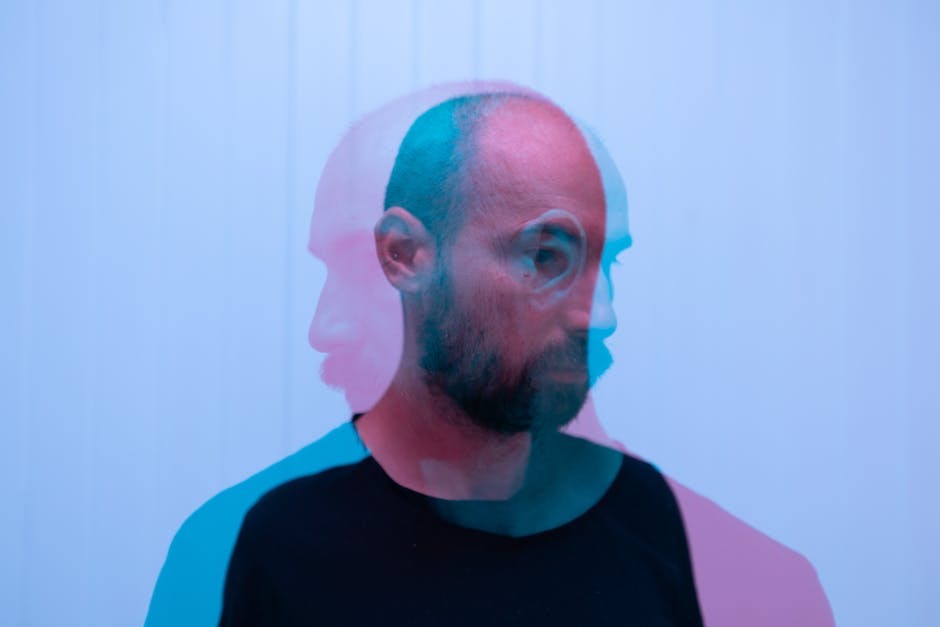Coping with personality disorders can be difficult to do on one’s own. It helps to enlist support from professionals who are experienced with these disorders. Having the right team by one’s side optimizes the healing process and allows those with personality disorders to prosper. A few of the personality disorders commonly treated at facilities such as First Steps Recovery are borderline personality disorder (BPD) and obsessive-compulsive disorder (OCD).
An aspect of personality disorders that is often overlooked is the potential for co-occurring disorders. A co-occurring disorder is when a person is dealing with multiple disorders simultaneously. A common co-occurring disorder with personality disorders is substance use disorder (SUD). After all, coping with mental health challenges can be difficult, and this may cause a person to turn to addictive substances.
At First Steps Recovery, clients are provided with personalized treatment plans that cater to their individual needs in the healing process. Many treatments, both clinical and holistic, are available to treat one condition or multiple disorders simultaneously. Before seeking treatment, however, it is important to understand the signs, symptoms, and treatment options for each disorder.
Personality Disorders: Borderline Personality Disorder
BPD is a personality disorder that affects one’s ability to regulate and control emotions, which leads to impulsive words and actions. This behavior then affects how one views oneself and also negatively impacts one’s relationships with others.
Signs and Symptoms of Borderline Personality Disorder
BPD often is accompanied by intense mood swings and fluctuating self-perception. Feelings toward others can change very quickly as well, leading to instability and emotional pain in relationships. There is an “all or nothing” effect from BPD with clients only viewing things as “all good” or “all bad.” General signs and symptoms include:
- Avoiding real or perceived abandonment by plunging headfirst into relationships or ending them abruptly
- Having an intense, unstable relationship with family members, friends, or other loved ones
- A distorted and unstable self-image and sense of self
- Impulsivity that is represented through dangerous behaviors (i.e. spending sprees, unsafe sex, substance abuse, etc.)
- Self-harming behavior
- Recurring suicidal behaviors, threats, or thoughts
- Varying and intense moods
- Chronic feelings of emptiness
- Inappropriate and intense anger
- Difficulty controlling anger
- Dissociation (i.e. feeling cut off from oneself or like one is observing oneself from outside one’s own body)
Personality Disorders: Obsessive-Compulsive Disorder
OCD is another personality disorder that is associated with a loss of control. This disorder involves uncontrollable and recurring thoughts as well as repetitive behaviors. Clients with OCD find that their disorder causes significant distress in their lives and greatly interferes with their day-to-day activities.
Both obsessions and compulsions accompany this disorder. Obsessions are repeated thoughts, urges, and/or intrusive and unwanted images. These obsessions can lead to great anxiety. Compulsions are the repetitive behaviors that one feels urged to do in response to the obsession(s).
Signs and Symptoms of Obsessive-Compulsive Disorder
General signs and symptoms of OCD include:
- The inability to control thoughts and/or behaviors
- Spending over an hour every day on these obsessions and compulsions
- Noticing that compulsions bring only temporary relief from anxiety
- Having significant issues with daily life because of these thoughts and behaviors
Additionally, obsessions and compulsions each have their own signs and symptoms. Clients with OCD may experience obsessions such as:
- Fear of germs or contamination
- Anxieties about forgetting, losing, or misplacing something
- Fear of losing control over one’s behavior
- Aggressive thoughts toward oneself or others
- Unwanted, forbidden, or taboo thoughts (includes sex, harm, or religion)
- Desire to have things symmetrical, in a pattern, or in the perfect order
Compulsions may include:
- Excessive cleaning or hand washing
- Ordering and arranging items in a specific manner
- Checking things repeatedly (i.e. checking to see that the door is locked or the hair straightener is unplugged)
- Compulsive counting
- Praying or repeating words silently
It is important to note that repeated thoughts are not always obsessions. Likewise, rituals or habits are not always compulsions. Additionally, some clients may experience motor tics or vocal tics.
Treating Personality Disorders at First Steps Recovery
Many treatments for personality disorders are available. Clients have a number of holistic services available to them at First Steps Recovery. These include equine therapy, mindfulness therapy, and art and music therapy. Additionally, various evidence-based clinical therapies are available to promote long-term healing. For example, cognitive-behavioral therapy (CBT) is a form of talk therapy that benefits clients with personality disorders. Addressing the link between thoughts and behaviors is key to First Steps Recovery’s treatment approach.
The goal of CBT is to help clients uncover their unhelpful thought patterns, restructure them, and begin to produce healthier behaviors as a result. For clients with personality disorders, understanding the inner workings of their thought patterns allows them to gain control over their thoughts. CBT also encourages clients to practice healthy coping skills through these new, learned behaviors. When co-occurring disorders are present, it is important that clients gather a clinical understanding of their thoughts and behaviors. When the root cause of each disorder is better understood and clients develop new understandings, they are more able to overcome their disorders.
Dialectical behavior therapy (DBT) is another therapy recommended for clients coping with personality disorders. With these disorders, emotions are often extremely heightened and uncontrollable. These emotions can be extremely challenging to overcome. DBT is a therapy based on CBT but is adapted to clients who experience intense emotions. In DBT, clients learn how to regulate and manage their emotions in order to help create healthier behaviors. DBT helps people develop greater self-awareness, mindfulness, and skills for managing emotional triggers.
At First Steps Recovery, we understand that personality disorders are challenging to overcome on one’s own. At our facility, we offer support for clients coping with borderline personality disorder (BPD) and obsessive-compulsive disorder (OCD). These two personality disorders can greatly affect social, home, and work life. It is important to seek treatment in order to produce a healthier, happier life. We offer various services for all of our clients and promote the understanding of thought patterns and behaviors for those with personality disorders. Through cognitive-behavioral therapy (CBT) and dialectical behavior therapy (DBT), we uncover these thought patterns and help clients change. To learn more about personality disorders and treatments at our facility, please call us at (844) 489-0836.
Dr. Curl is the Medical Director and primary on-site provider for First Steps Recovery. He is a Board Certified Internist and Addiction Medicine Specialist having attended the David Geffen School of Medicine at UCLA and completing his residency at Mount Auburn Hospital with Harvard Medical School. Following several years work as an internist and physiatrist (physical medicine and rehabilitation). Dr. Curl completed the Addiction Medicine Fellowship at Howard University in Washington DC and participated as a RAM Scholar (Research in Addiction Medicine). While part of the fellowship, Dr. Curl pursued research investigating the barriers to expanding and improving medication for opioid use disorder. Following his fellowship, Dr. Curl spearheaded the Opiate Use Disorder outpatient clinic and worked in the Department of Psychiatry and Behavioral Sciences within the Howard University Hospital. In 2023, Dr. Curl completed his Board Certification in Addiction Medicine.








